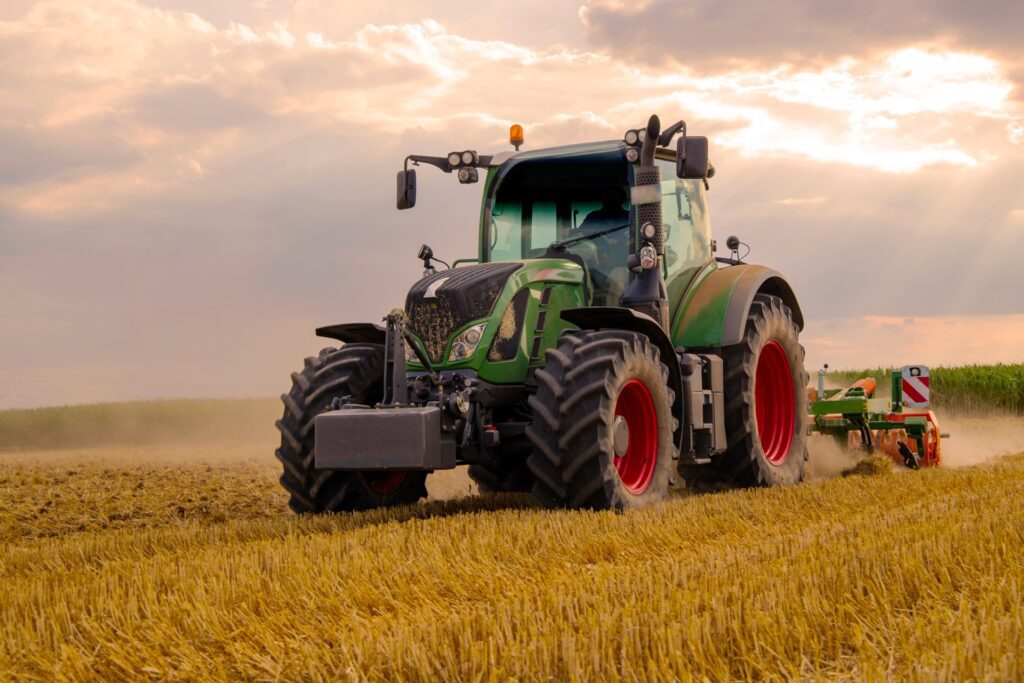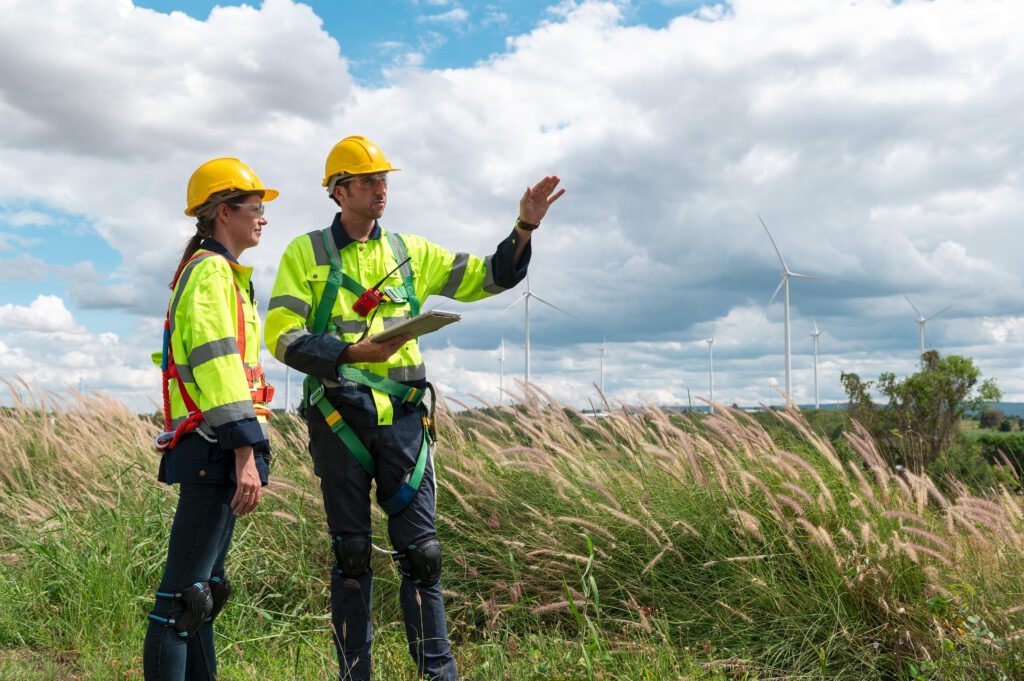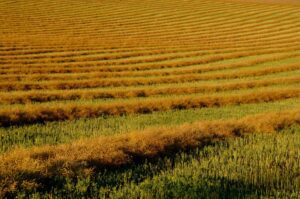When it comes to determining the value of agricultural land, farmland appraisers utilize a range of techniques to provide accurate and reliable appraisals. Whether you are a farmer looking to sell your land or an investor considering purchasing farmland in Alberta, understanding the intricacies of farmland appraisal is essential. Below, we’ll explore the different appraisal techniques used by experts in Alberta and provide insights into the factors that influence farmland values.
Three Main Approaches to Farmland Appraisal
- The Sales Comparison Approach
- The Income Capitalization Approach
- The Cost Approach
1. The Sales Comparison Approach: Benchmarking with Similar Properties
One of the most common methods of farmland appraisal is the sales comparison approach. This technique involves comparing the subject property to similar properties recently sold in the same area. Appraisers analyze factors such as size, location, soil quality, and improvements made to the land to determine a fair market value. Adjustments are made to account for any differences between the subject property and the comparable sales, resulting in an accurate estimation of the land’s value.
2. The Income Capitalization Approach: Analyzing Revenue Potential
The income capitalization approach is a valuable method for appraising income-producing properties such as farmland. This approach takes into consideration the revenue-generating potential of the property by analyzing the expected cash flows and capitalizing them into a present value. Appraisers examine factors such as crop yields, rental rates, and operating expenses to determine the net income attributable to the land. By applying an appropriate capitalization rate, the appraiser can estimate the value of the property based on its income potential.

3. The Cost Approach: Assessing Reproduction or Replacement Costs
The cost approach is used to determine the value of a property by considering the cost of reproducing or replacing the improvements made to the land, while also accounting for depreciation. This approach is particularly useful for appraising properties with unique features or improvements that may not be reflected in comparable sales. The appraiser calculates the cost of constructing similar improvements and then subtracts any accrued depreciation to arrive at the land’s contributory value.
Key Factors That Influence Farmland Values in Alberta
Recently, Farm Credit Canada (FCC) came out with their 2022 report on farmland values. In the report, Alberta had some notable changes in the value of agricultural land around the province. In 2022, Alberta’s cultivated farmland values increased by 10.0%, with the Peace region experiencing the highest increase at 13.6%. The Northern and Central regions both saw an 11.5% increase in cultivated land values, while the Southern region had the lowest increase at 4.4%, excluding irrigated land. Irrigated land in the Southern region witnessed a remarkable 29.9% increase, reaching record-high values, primarily due to larger contracts for specialty growers and land sales near major growers and storage sites.
While the report details specifics about each region of Canada, below are some of the general core factors that influence farm values:
- Location: The location of the farmland plays a critical role in its value. Proximity to transportation infrastructure, urban centers, and market demand can significantly impact land prices.
- Soil Quality: The fertility and productivity of the soil directly affect the land’s agricultural potential. High-quality soil with good water retention and nutrient content is highly sought after by farmers.
- Interest Rates: Changes in interest rates can influence the demand for farmland. Higher borrowing costs may lead to moderated demand and impact farmland values.
- Supply and Demand: The availability of farmland in the region, coupled with the demand from farmers and investors, plays a crucial role in determining land values.
- Farm Income: The profitability of farming operations can influence the willingness of buyers to invest in farmland. Higher farm income may lead to increased demand and higher land values.
Summing up, farmland appraisals are a complex process that requires expertise and knowledge of local market conditions. Farmland appraisal companies in Alberta use a combination of sales comparison, income capitalization, and cost approaches to provide a comprehensive valuation of agricultural land. Whether buying or selling farmland, understanding these appraisal techniques and the factors influencing farmland values is essential for making informed decisions. With the ever-changing dynamics of the agricultural sector, staying informed about appraisal methods and market trends is key to maximizing the value of your farmland investment.






